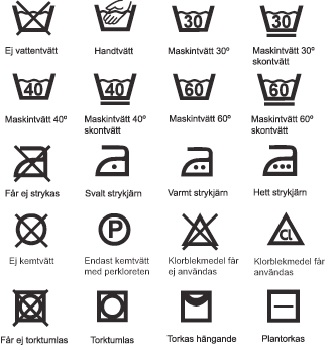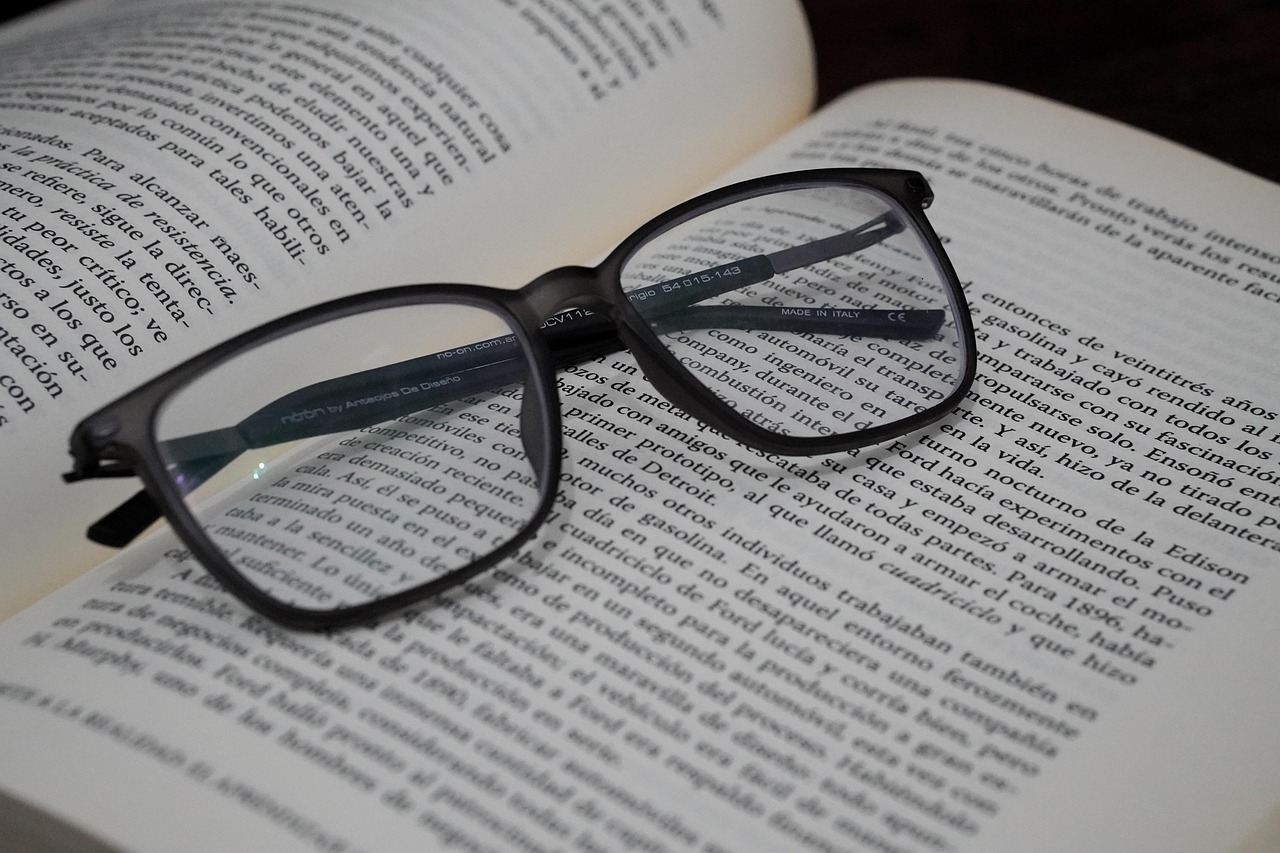Secure routines for self-care in elderly homes: Promoting independence and safety
This article is written from a Swedish perspective. Hopefully, it can inspire those interested in other countries.
By having safe routines for health and medical care interventions that are considered to be self-care, the elderly home can promote independence and well-being among the residents while maintaining the safety and quality of care. With the right support and guidance, the residents can feel safe and be treated with respect for their individual needs and desires.
 Foto: Mostphotos
Foto: MostphotosSome people living in elderly care homes can take responsibility for their own health and medical care
There are cultural differences in what is delegated in different parts of the country. There are also differences in how the operations view self-care. There is also a distinction between what is considered care according to the Social Services Act and what is considered health and medical care. An example of this is changing a stoma bag, which in parts of the country is seen as part of care and is equated with wiping someone's bottom.
Some prescriptions are also carried out based on instruction. This can involve training, changing a catheter bag, and similar measures. One way to make the distinction is to consider who the nursing assistant turns to in case of problems - the manager or licensed staff. In this case, the distinction is about some form of administrative decision.
Self-care comes from the licensed practitioner who has ordered a treatment assessing that the patient can manage it themselves or instruct others to do it for them in a safe way. This therefore requires an assessment and for the nursing assistants to do it without delegation, a self-care certificate is required. What is usually difficult is to get self-care certificates so that there is clear documentation around self-care. In an elderly care home, this discussion rarely arises as licensed personnel are available at the home and it is easy to delegate when you are already delegating other tasks to the individual.
Assessing self-care
Often we automatically take over responsibility for medication thoughtlessly when someone moves into the elderly care home. Many operations do not ask the question about what the elderly really need help with. They may just need help dividing their pill dispenser because their fingers can't handle the blister pack. All elderly people who move to special housing are not cognitively impaired. They have their habits (which one acquires over the years) and probably want to continue with their life as before.
There may also arise situations when someone has partial self-care. The nursing assistants may give the insulin and the pills, but the resident takes care of and manages their inhaler themselves. Some residents can put on their support stockings themselves. If it is to be handled formally correctly, the licensed person who made the assessment should write a self-care certificate which should then be kept in the documentation made according to the Social Services Act.
There are also cases where people who move in with their partner at the home continue to manage their medication. The home may not have any health and medical care responsibility at all for the partner who is completely self-caring.
At the same time, it happens that this person falls or becomes bedridden. The elderly care home cannot ignore the changed needs in such a case but may be forced to step into a health and medical care responsibility.
Safe routines for health and medical care interventions in the elderly care home: Promoting self-care for safe and efficient care
Having safe routines for health and medical care interventions is crucial to ensure the quality of care for residents in an elderly care home. An important part of this is to identify which interventions can be managed as self-care, where the residents themselves can take responsibility for their health with the right support and guidance from the staff.
Evaluation and education
Before self-care interventions are applied, it is essential that the staff perform a thorough assessment of the residents' physical and cognitive abilities. By understanding individual needs and conditions, the staff can adapt the support and education to promote the safety and independence of each individual.
Clarity and communication
Clear and explicit guidelines for self-care should be developed and communicated clearly to both residents and staff. It is also important to create an open communication environment where the residents feel safe to report any problems or need for support.
Training and supervision
The staff should be given continuous training and supervision to be able to support the residents in an effective and safe way. This may include training on different disease states, the use of medical technology products and preventive measures to avoid injuries or complications.
Regular follow-up
After the introduction of self-care interventions, it is important to regularly follow up and evaluate the result. By continuously evaluating the effectiveness and safety of the implemented routines, potential areas for improvement can be identified and measures can be taken to optimize care.
Reflection questions - self-care
Care staff:
- Do you have residents who are responsible for their own care for certain treatments?
- What health and medical care tasks do you perform based on instruction?
- Are there any tasks where it is unclear who does what?
Manager, nurse, occupational therapist and physiotherapist:
- Are there clear rules for what can be delegated at the home?
- Are there prescribed tasks that are carried out on instruction by the nursing assistants?
- Are there self-care certificates in the cases where a resident has self-care?
- Is it possible to work in a function-preserving way even when it comes to medication management?
Residents and relatives:
- Are there health and medical care tasks that your relative manages or should be able to manage themselves?
Erland Olsson
Specialist Nurse
Sofrosyne
Better care every day

Aktuellt i media
- 2025-02-20 04:00 13 Hygien
- 2025-02-17 04:00 12 Personlig omvårdnad
-
2025-02-12 04:00
04 Bemötande
So the nursing assistant maintains good conversations - the key to safe and clear communication
info - 2025-02-10 18:41 13 Hygien
- 2025-02-09 04:00 10 Aktivitet o funktionsbevarande arbetssätt
-
2025-02-06 04:00
05 Planering
Are you planning the content of the residents' everyday life and do you carry out the planned social activities?
info Foto: Mostphotos
Foto: Mostphotos




